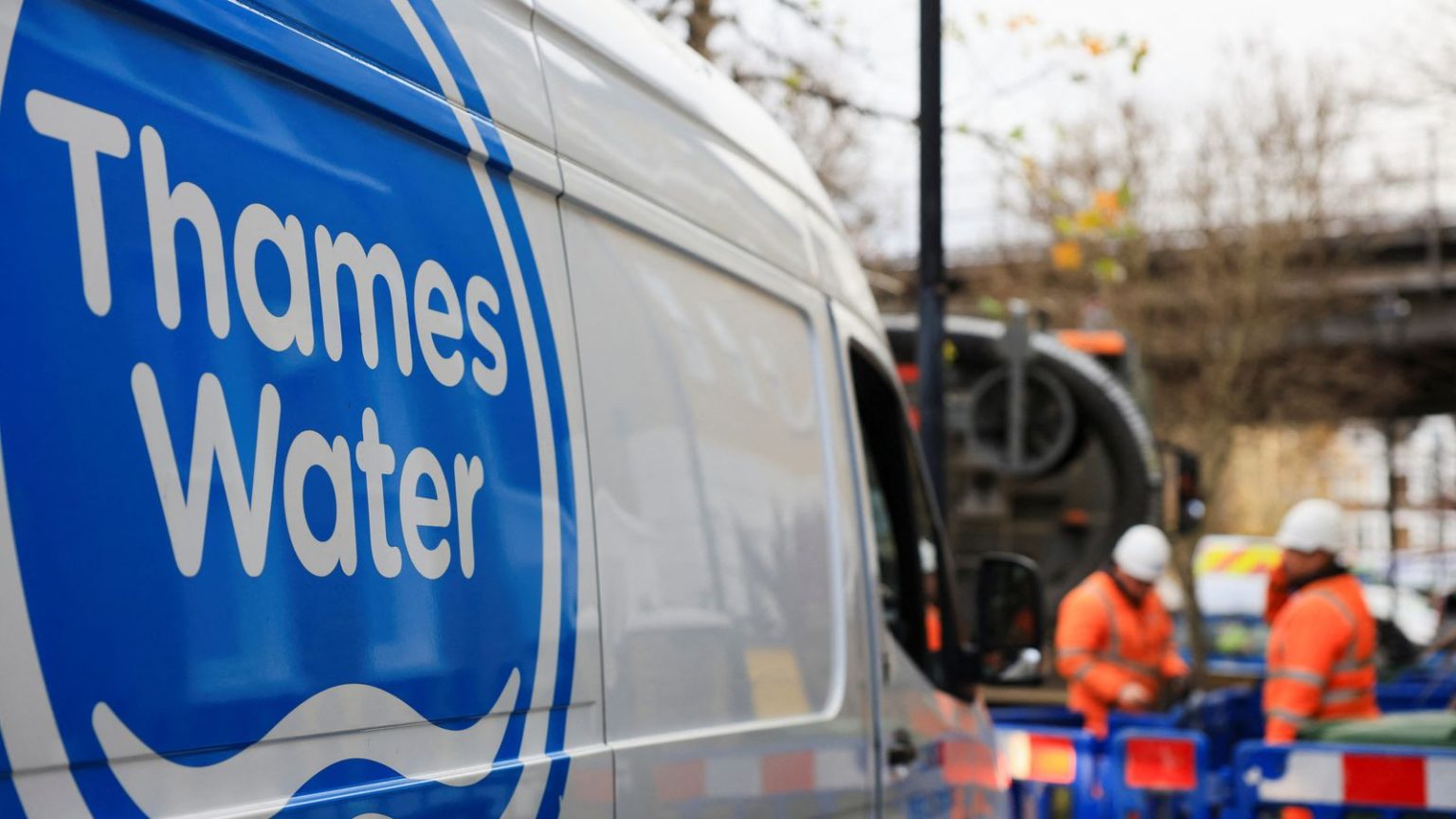Octopus Energy Enters the Battle for Thames Water’s Future
Octopus Energy Group, now Britain’s largest household gas and electricity supplier, has taken a significant step into the utilities sector by joining a high-stakes battle for the future of Thames Water, the UK’s biggest water company. The company, which recently surpassed British Gas in market share, has teamed up with French infrastructure giant Suez and investment firm Covalis Capital to form a consortium aiming to stabilize Thames Water’s operations. The deal, which is still in its early stages, would see Octopus Energy’s technology arm, Kraken, manage Thames Water’s 16 million customers, leveraging its expertise in customer service and operational efficiency. This move underscores Octopus Energy’s ambition to expand beyond energy into other critical utilities, marking a bold foray into one of the UK’s most challenging sectors.
The Role of Kraken in Thames Water’s Transformation
Octopus Energy’s Kraken platform, a highly advanced customer management system, is central to the consortium’s proposal. Kraken has already proven its capabilities in the energy sector, managing over 60 million customer accounts globally, including 5 million water company customers. By integrating Thames Water’s operations into Kraken, the consortium aims to address the company’s long-standing issues with poor customer service and inefficiency. Kraken’s track record in reducing costs and improving customer satisfaction aligns with Thames Water’s urgent need for transformation. The platform has also demonstrated success in reducing water leakages, a critical issue for Thames Water, which has faced criticism for its environmental impact and operational failures.
Financial Challenges and Uncertainties
The consortium’s plan involves a significant financial injection to stabilize Thames Water, which is grappling with a £19 billion debt and a looming cash crunch. Covalis Capital is expected to invest roughly £1 billion, with an additional £4 billion to be raised through asset sales, refinancing, and a potential stock market listing. However, industry insiders have raised concerns about the feasibility of this plan, given the complexity of Thames Water’s operations and its troubled financial state. The company has warned that it could run out of money as early as next month, prompting fears of temporary nationalization if a suitable solution is not found.
Competition and Key Determinants of Thames Water’s Future
The consortium led by Covalis, Suez, and Octopus Energy is not the only player in the race to rescue Thames Water. Other bidders, including CK Infrastructure Holding and Castle Water, have also submitted proposals, while private equity giant KKR remains interested but has not yet made a formal offer. The outcome of Thames Water’s future is further complicated by two major uncertainties: the resolution of a court battle between its class A and class B bondholders, and the company’s potential appeal against an Ofwat ruling on customer bill increases. The bondholders’ dispute centers on a £3 billion rescue package, with Thames Water backing a plan that would increase its debt burden but keep it afloat. Meanwhile, Ofwat’s decision to limit bill increases to 35% over the next five years, far below Thames Water’s requested 53%, has left the company considering an appeal to the Competition and Markets Authority.
Thames Water’s Crisis and the Path Ahead
Thames Water’s crisis deepened last year when its shareholders, a mix of sovereign wealth funds and pension funds, deemed the company "uninvestible" and withdrew commitments to provide additional funding. This decision left Thames Water in a precarious financial position, with the UK government expressing reluctance to impose a special administration regime (SAR) unless absolutely necessary. A SAR would allow the company to continue operating under government oversight, but it is seen as a last resort. For now, the focus remains on securing fresh equity and resolving the bondholder dispute. Prospective investors are waiting for clarity on these issues before committing to any deal, with a preferred bidder unlikely to be selected until April.
Octopus Energy’s Vision Beyond Energy
Octopus Energy’s involvement in the Thames Water crisis highlights its broader ambition to revolutionize the utilities sector. The company has already made waves in the energy market, acquiring customers from failed providers like Bulb Energy and expanding its Kraken platform globally. By venturing into water, Octopus Energy is signaling its intent to become a major player in the UK’s utilities landscape. The success of this move will depend on Kraken’s ability to replicate its energy-sector achievements in a far more complex and politically charged environment. If successful, this could pave the way for further innovation in utilities management, offering customers better service and greater efficiency. For Thames Water, the stakes could not be higher, as it seeks to navigate its financial and operational challenges and emerge as a more sustainable and customer-focused organization.















